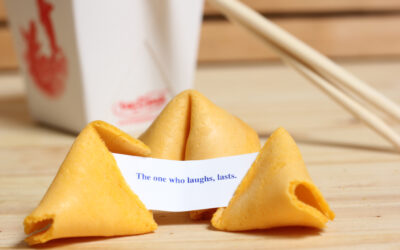Honey has long been admired for its sweet taste and versatility, but one of its most remarkable qualities is its longevity. In fact, honey never spoils. This unique property of honey has been known since ancient times, and archaeologists have even found jars of honey in Egyptian tombs that are over 3,000 years old—and still edible.
The secret to honey’s incredible shelf life lies in its chemical composition. Honey is low in moisture and highly acidic, creating an inhospitable environment for bacteria and microorganisms that would normally lead to food spoilage. It contains natural sugars, like fructose and glucose, which absorb water and further inhibit bacterial growth. Additionally, bees add an enzyme called glucose oxidase to the nectar they collect, which produces hydrogen peroxide—a natural preservative.
This combination of factors ensures that honey can last indefinitely when properly stored in a sealed container. It may crystallize over time, but that process doesn’t affect its safety or nutritional value. You can simply warm the honey to return it to its liquid state.
Aside from its longevity, honey has been used throughout history for its medicinal properties. Ancient civilizations applied honey to wounds due to its antimicrobial properties. Today, honey is still used in natural remedies for sore throats and burns. Manuka honey, in particular, has garnered attention for its potent antibacterial qualities, making it a popular choice in modern wound care products.
While honey may not spoil, it’s important to store it correctly. Exposure to air, moisture, and heat can alter its texture and color. To keep honey fresh, store it in a cool, dry place in an airtight container.
In a world where most foods come with expiration dates, honey stands out as a true testament to nature’s resilience. The next time you drizzle honey over your toast or add it to your tea, you can appreciate the fact that it may very well be the oldest—and longest-lasting—food on your shelf.
Related Articles
The Surprising Origins of the Shopping Cart—Revolutionizing Retail
The shopping cart is a staple of grocery stores today, but when it was first introduced, customers refused to use it! In 1937, Sylvan Goldman, the owner of the Humpty Dumpty grocery chain in...
The Origins of the Fortune Cookie—An American Invention?
Fortune cookies are often associated with Chinese culture, but their true origins might surprise you—they were likely invented in the United States! While similar fortune-filled treats existed in...
The History of the Peanut—A Versatile Superfood
The humble peanut is more than just a snack—it’s a scientific marvel with a history spanning thousands of years. Native to South America, peanuts were cultivated by the Incas and later spread...





